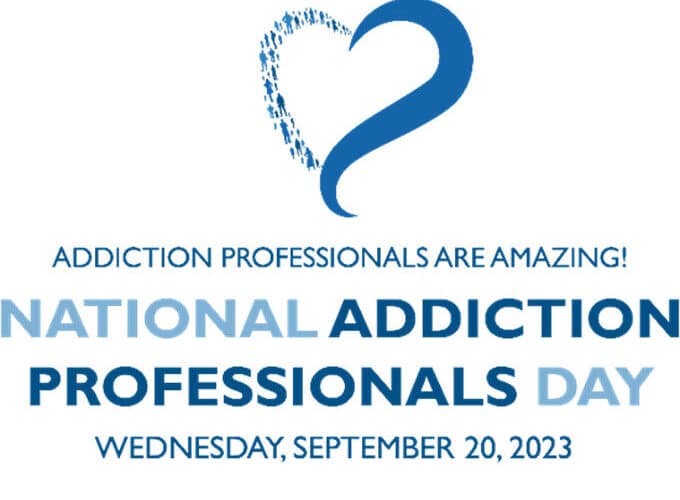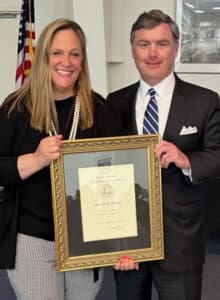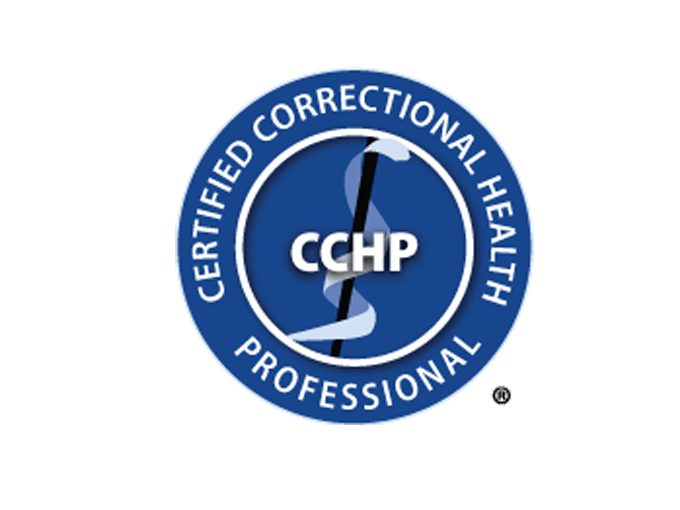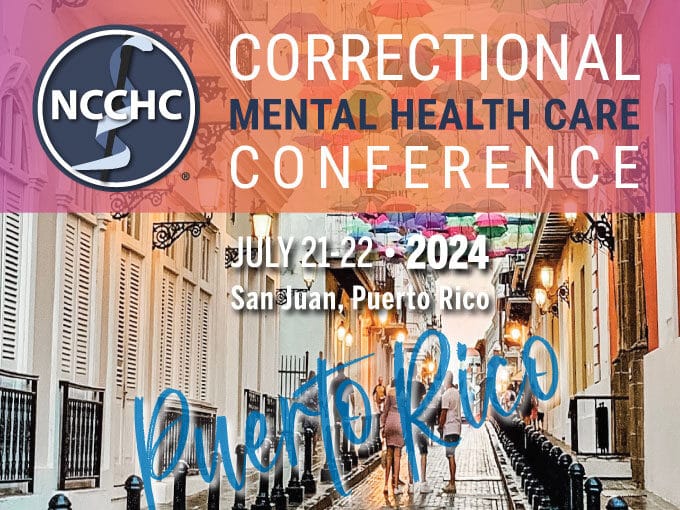
Standards Q&A: 75% Custody Health Training Requirement
Does the 75% requirement refer to all custody staff or only those working during
Home Recognizing Addiction Professionals Making a Difference in Corrections on National Addiction Professionals Day
 Sep 20, 2023
Sep 20, 2023NCCHC salutes the dedication and commitment of correctional health care addiction professionals on September 20, National Addiction Professionals Day, and every day. The thousands of correctional physicians, nurses, NPs, PAs, counselors, social workers, and therapists who work every day to help patients safely recover from substance use disorders and live sober lives after incarceration make a real difference in their communities.
Nikki Lowder, program manager and supervisor for the CPSS (Certified Peer Support) and MAT Programs at the South Carolina Department of Corrections, is one of these professionals. Lowder, who is in long-term recovery, is pursing a Master of Arts in Clinic Mental Health Counseling and was awarded a scholarship to attend the National Conference on Correctional Health Care by the NCCHC Foundation. She says, “I believe the journey isn’t so much about becoming anything – it’s more about unbecoming everything we weren’t meant to be in the first place.”
In 2020, the National Institute on Drug Abuse estimated that 65% of the United States prison population has an active substance use disorder. Another 20% percent did not meet the official criteria for an SUD but were under the influence of drugs or alcohol at the time of their crime. From 2001 to 2018, the number of people who died of drug or alcohol intoxication in state prisons increased by more than 600%, according to the Bureau of Justice Statistics. In county jails, overdose deaths increased by over 200%.
In 2021, the NCCHC Board adopted the position statement, Opioid Use Disorder Treatment in Correctional Settings, that lists eight specific steps jails and prisons should take to provide access to and continuity of medications to treat opioid use disorder, save lives, and fight the opioid epidemic.
NCCHC is one of nearly 550 organizations that called on Congress and the White House to pass the MAT Act. The Act passed with more than 275 Democratic, Republican, and Independent cosponsors in the House and Senate in the final days of 2022.
With the American Society for Addiction Medicine and Advocates for Human Potential, Inc., NCCHC led the early development of the newly released Guidelines for Managing Substance Withdrawal in Jails: A Tool for Local Government Officials, Jail Administrators, Correctional Officers, and Health Care Professionals (2023, Bureau of Justice Assistance)
These additional resources are available on the NCCHC website:
From the General Public to American Jails: MAT Saves Lives (2021, NCCHC Foundation and Indivior)
NCCHC Resources provides technical assistance for introducing, implementing, and evaluating MAT programs. Find out more at https://www.ncchcresources.org/services/medication-assisted-treatment-mat/.
(Below) Nikki Lowder receives the 2022-2023 Supervisor of the Year Award



